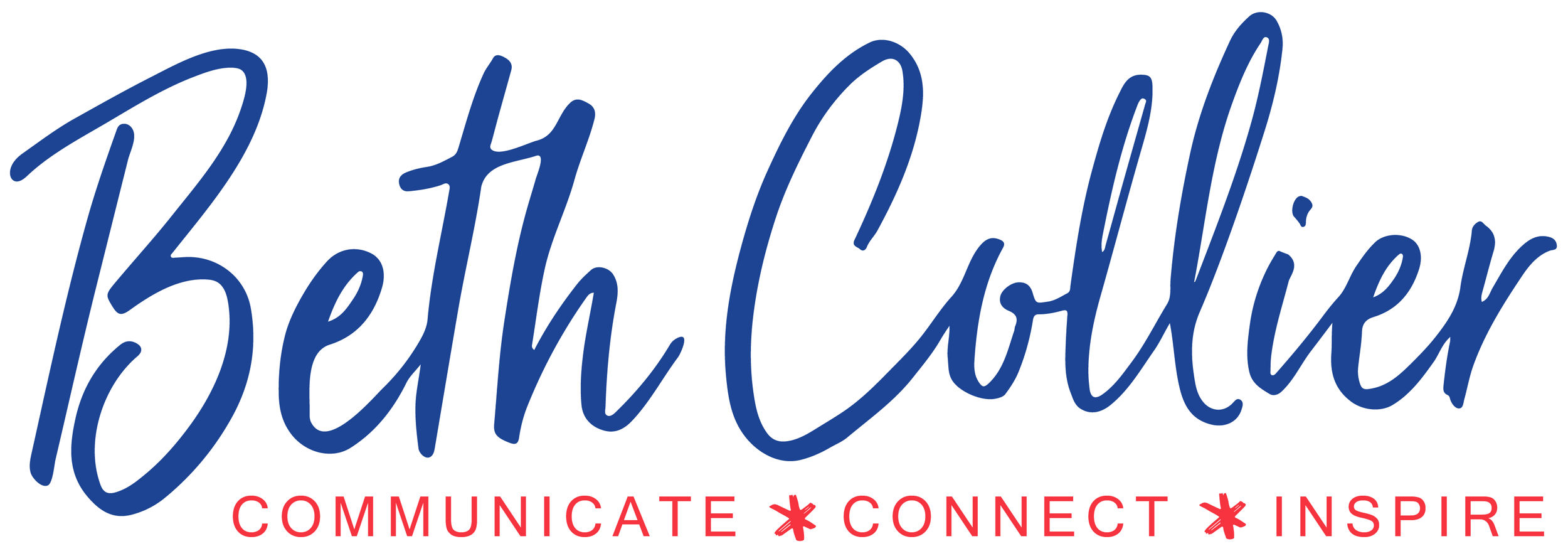Ask Better Questions: Five Tips to Help You
In March, I attended the SXSW Conference in Austin, Texas.
For four days, I filled my time with talks and panel discussions, ranging from interviews with Jose Andres and Chelsea Handler to discussions about the rise of women’s sports and what AI means for creativity.
A few of the sessions I attended included Q&A time at the end.
It was in those moments that I was reminded that asking a question – clearly and succinctly – is a skill.
And sadly, it is a skill many people have not learned.
But it’s important – because Q&A time can be a valuable part of a talk.
It’s an opportunity to learn, and hear something unrehearsed from the speaker.
But Q&A can also be a drag on an event, particularly when people ramble at the microphone, or spend the time talking about themselves (or their business) instead of actually asking the speaker a question.
There’s no need to be that annoying person at the Q&A session.
You can ask your question and make friends in the audience (or at least not enemies!) by following these tips:
1.Be brief
When a person takes 3 minutes to ask a question, it leaves less time for other people to ask their questions.
There’s no need for a preamble. Time is limited, so ask your question as quickly as you can.
Writing it down first will help ensure you are succinct – and is also useful if you feel nervous.
2. Remember your audience
When you ask a question, your audience is not just the speaker. It’s also the room full of people who are all giving their time to listen and learn.
Ask a question that you think will be relevant or interesting to others in the audience.
And remember: a Q&A session is not the time to deliver a monologue, and share a lengthy personal story. Refer to point 1.
3. A question ends with a question mark
I’ve often sat through Q&A sessions where people in the audience use the Q&A time to make statements rather than ask questions. You can start with a brief statement, but then follow it with a question.
For example: “You said earlier that psychedelics improve creativity. In what way?”
And think about asking open-ended questions instead of something that can be answered with a yes or no.
Asking “How can I get the most out of being a mentor?” will provide more insight than “Is mentoring useful?”
4. Q&A sessions are not time to self-promote
A Q&A session is an opportunity to learn – not self-promote.
You might be holding a microphone, but think about the audience – not how you can make the focus all about you (or your business).
5. Ask one question at a time
“I have three questions…” No. Time for questions is limited, and you need to be respectful of everyone in the room. Ask one question at a time.
Plus, it’s hard for the person you’re asking to remember multiple questions – so stick to one.
If no one else has a question, you might be able to ask a follow-up question, but read the room and make sure others have a chance to ask their questions.
Not sure what to ask during a Q&A session?
One go-to question I like to ask is:
“If I take away one message from this talk, what do you hope it will be?”
Not all speakers clearly convey their messages – and asking them for a takeaway is a great opportunity for them to share or reiterate their most important message.
And it’s a chance to make sure you hear it, too.
__________________________________________
Beth Collier loves writing, pop culture, and asking questions.
She also loves helping companies, leaders, and teams improve their communication (and creativity and leadership) through consulting, coaching, and workshops.
Her clients benefit from Beth’s global corporate experience, Midwestern practicality and enthusiasm, and an endless supply of pop culture references.
To find out how Beth can help you become a more confident, creative, and compelling leader – or improve communication in your company – visit www.beth-collier.com or drop her a line at beth@beth-collier.com
__________________________________________
Want a dose of positivity and fun in your inbox?
Sign up to receive my free newsletter, Curious Minds.
Each week you'll get insights that mix curiosity with business, history, or pop culture.




